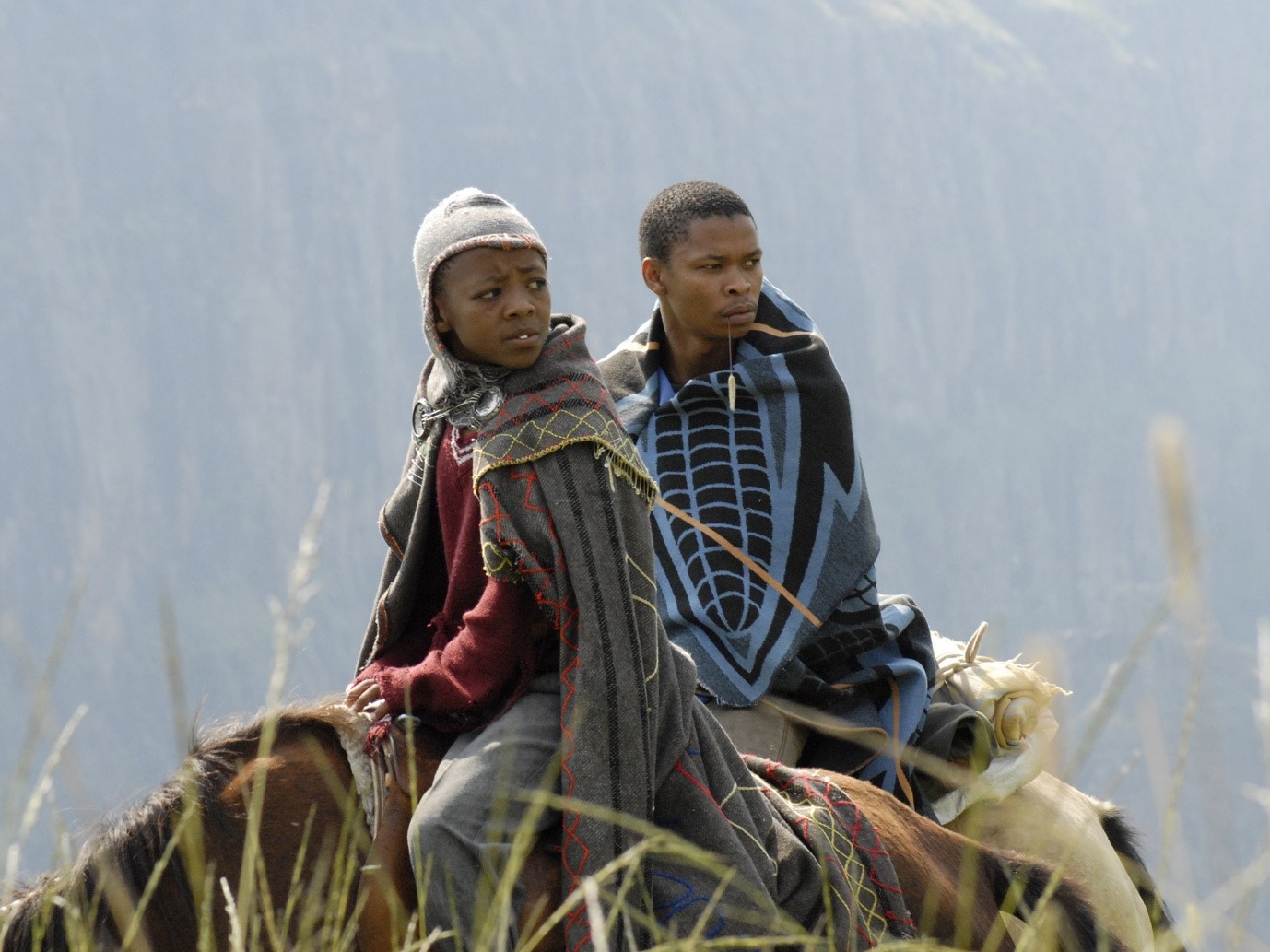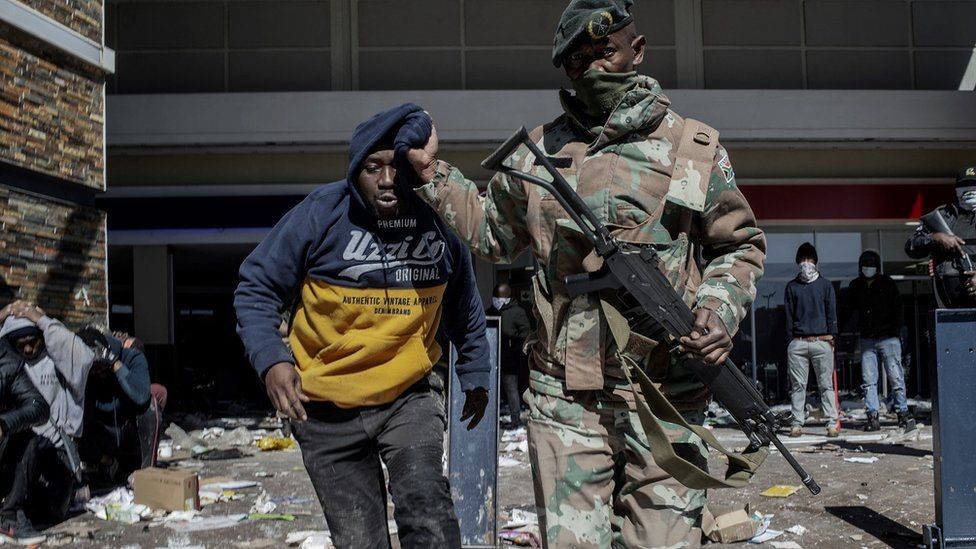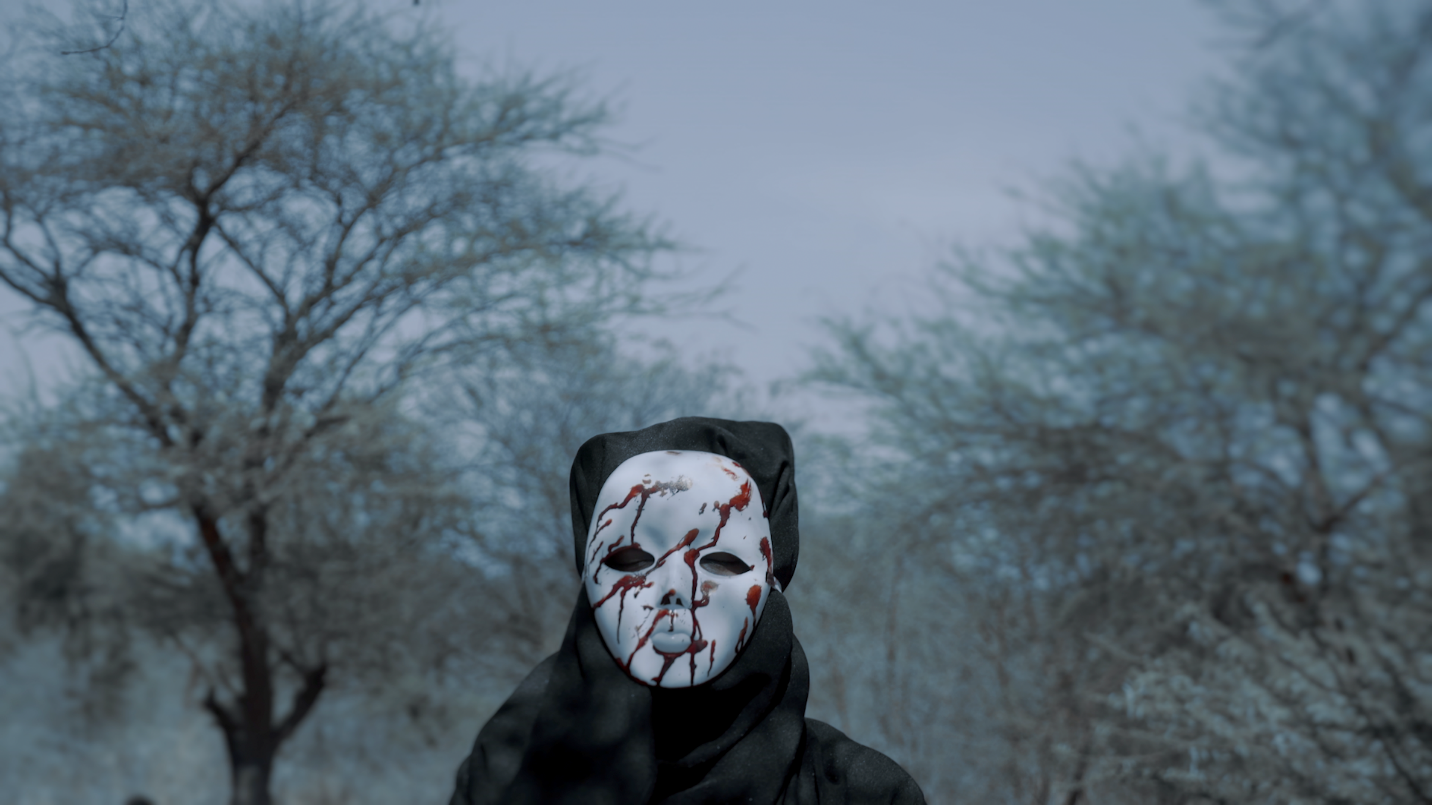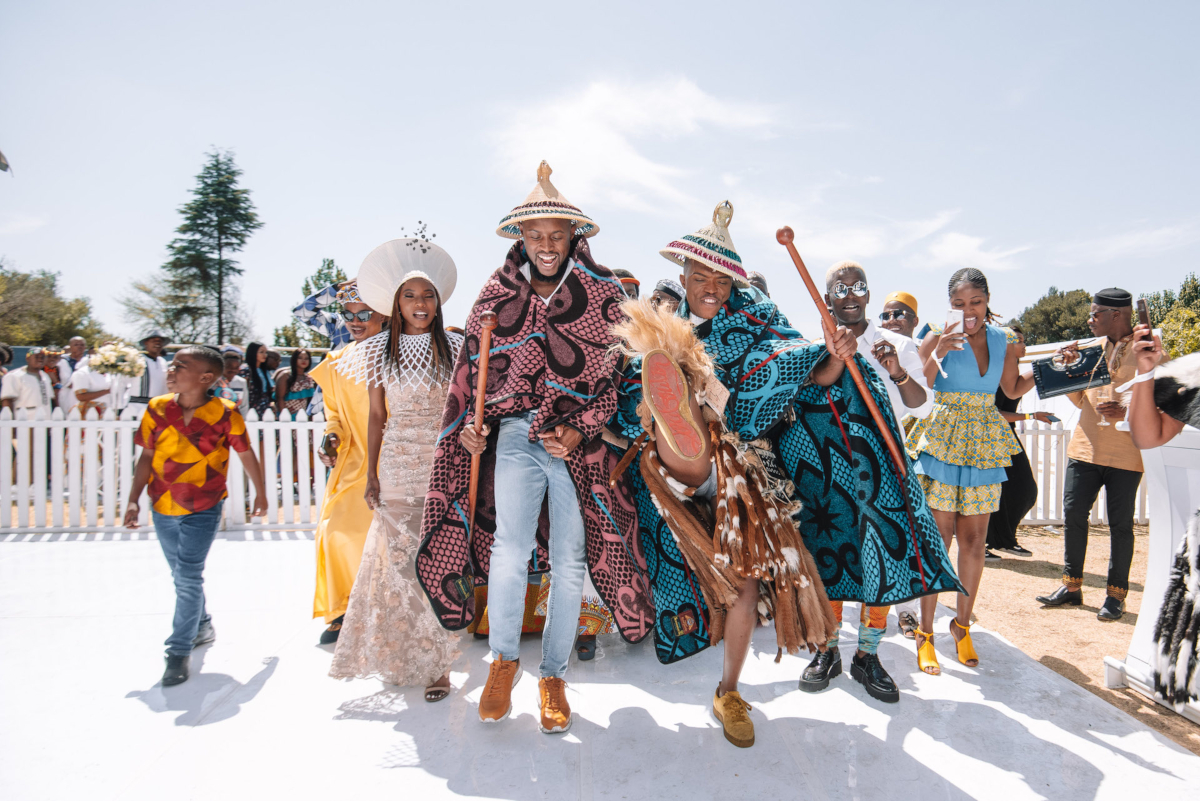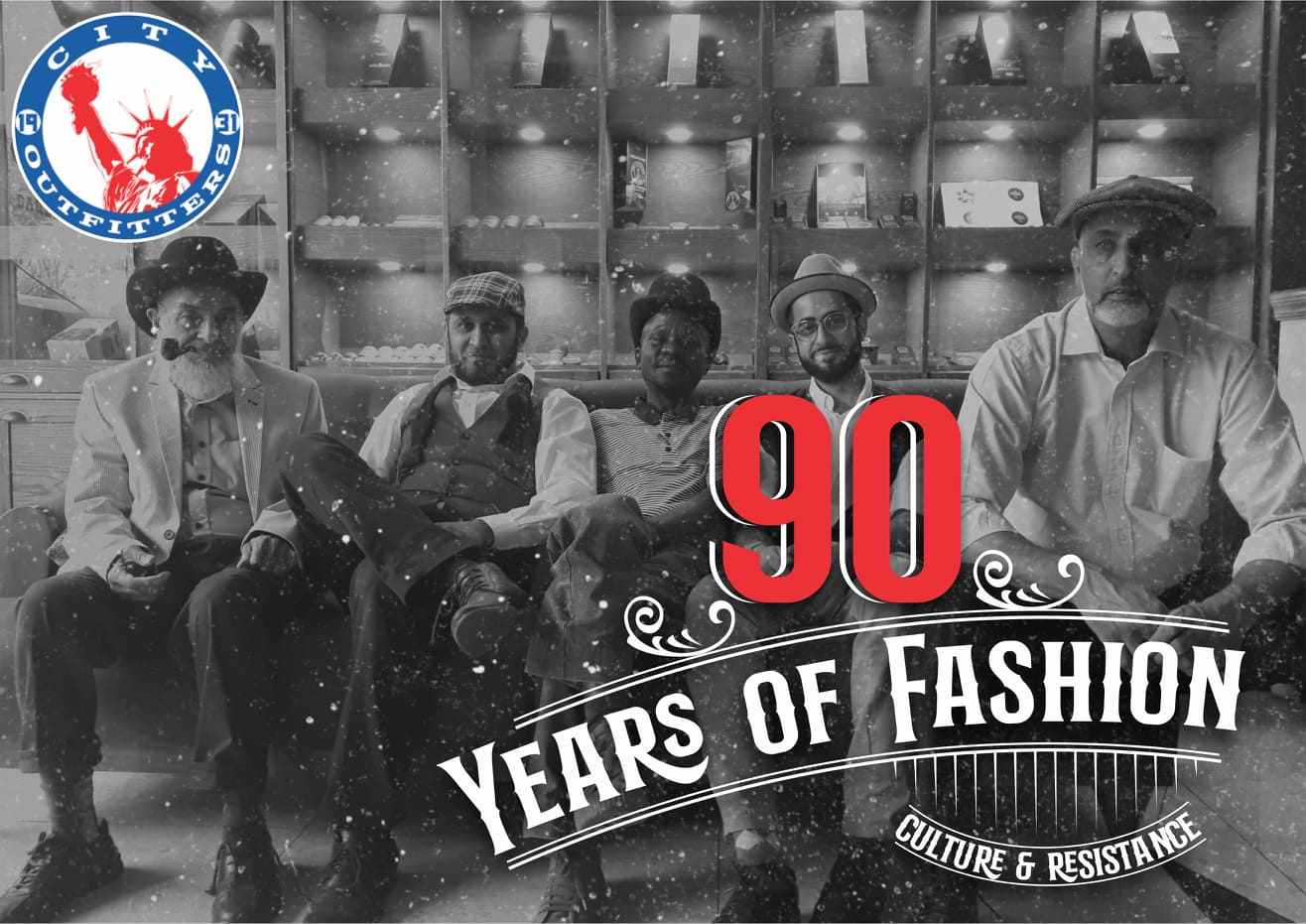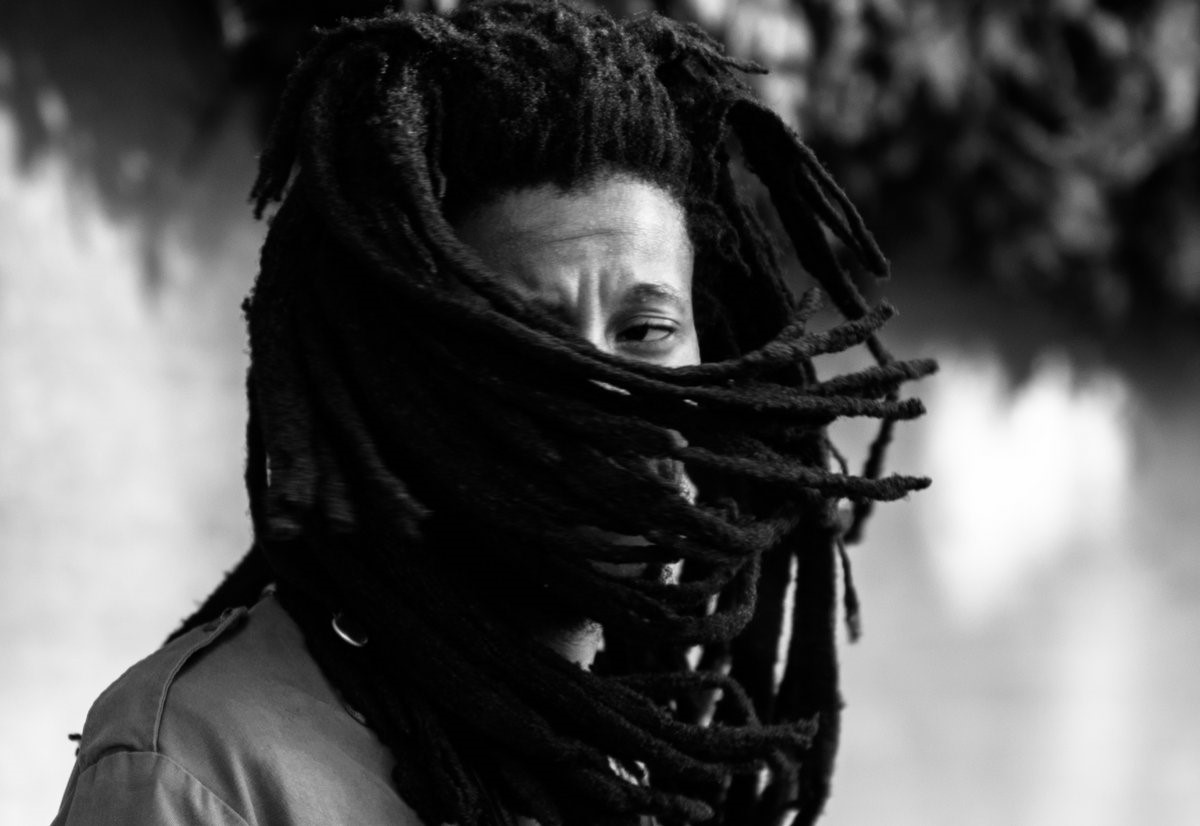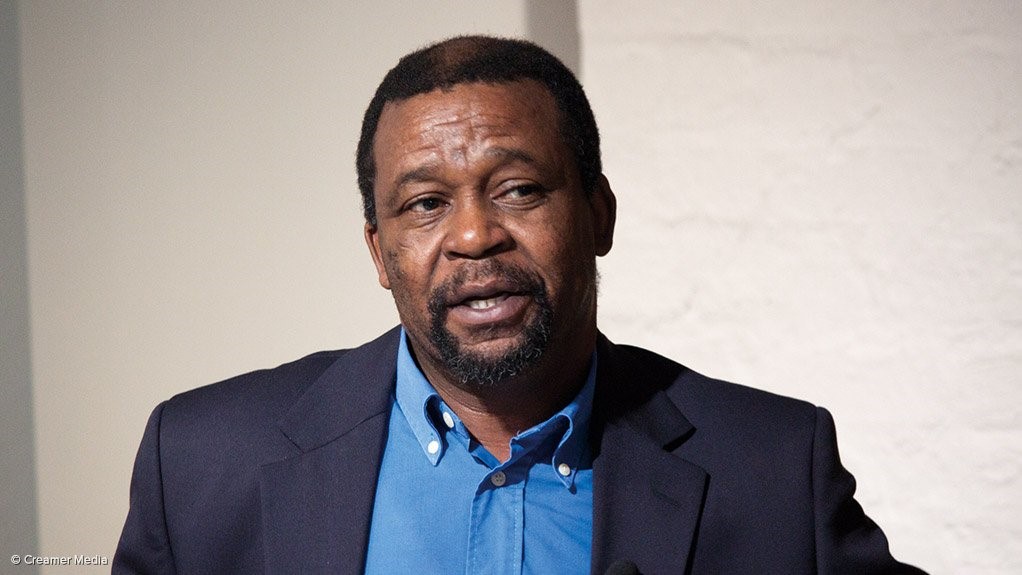Home is not an easy place to remember. In The Forgotten Kingdom, Atang Mokoenya (played by Zenzo Ngqobe) is a stubborn gruff city-dweller who has abandoned much of his past. At the onset of the film, he motions through Johannesburg’s city life, known by a different name and living a life scorned by his elders.
Eventually, the tree must reckon its roots. Events return Mokoenya to Lesotho where he discovers and conflicts with rural customs. Mokoenya competes with the stubbornness of his foreign home. The film is set as a journey through much of Lesotho’s expansive landscape, which is ultimately an internal reckoning within Mokoenya.
There he rediscovers childhood friend, Dineo (Nozipho Nkelemba), who rekindles his desire to reconnect with home. Through Dineo, we experience a less irritable Mokoenya, who shares the tragedy of his upbringing. He is not rough; he is burned. Dineo represents a concept of home which offers new opportunities to remember and a comforting peace which contrasts Mokoenya’s experiences of miserable domicility in the city. At the same time, Dineo is fierce. She stands against patriarchal customs and paves her own agency from within the limitations of a traditional environment. Even more than Mokoenya, Dineo works to change the ways of the past, from the perspective of someone who is limited by those customs in the present.
Through the film, Mokoenya travels with an unnamed orphan boy (Lebohang Ntsane), assisting various people address their domestic issues, rebuild their homes and by doing so, discover value in his roots. The unnamed boy is a metaphor for the clouds which gaze over the fields. This boy warns Mokoenya that there are consequences for brazenly disrespecting traditional beliefs, while guiding him through the journey on the ground and within the soul. It is only when Mokoenya finally gazes upon the sky that he sees its potential as a companion. He encounters the loneliness he had justified through the absence of his family and emerges more willing to form bonds, with people and with home.

Raising A Village
The film oscillated between rapid city shots and gradual rural scenes. This displays the rush of the city against the calm of the village. The city presents many dangers, violence and struggle. The life in the city is in constant motion, at work, in transportation, selling livestock in markets, moving in the buzz of capitalism and drudgery. The village is a community, occupied by cooperation and collectivism. The funerals of strangers are attended by people from far and help is always available to those that need it.
In the city, people cannot be trusted. People are dressed in common uniforms. Most of the characters move in thoughtless directions to make noise or to work. But there are also issues in the village. The rigidity of custom can tend toward harmful social norms that stigmatise disease, deny agency and enforce patriarchy. Here, the progressivism of the city challenges static ideas of life.
The film’s message could be misunderstood. The village may be presented as home, but there are clear issues still to overcome. Life is not easy. But the city is equally turbulent and lacks the qualities of home that at least the village maintains. Stars are still visible in the sky. The landscape is not overrun in smoke. Livestock gathers. Crops grow. There are landscapes of beauty. The assumptions of the city have caused us to forget the village and the stories of the people who live there -- some of whom could benefit from the help of the people that have left. Mokoenya needs the village to discover home and the village needs Mokoenya to form part of its community.
At the same time, the film has a major focus on specific traditional African beliefs, each of which are briefly explored. The characters are troubled by the pressures to maintain these beliefs and frustrated by the stubbornness through which they are enforced. By resolution, Mokoenya and Dineo are successful in changing the ways of the people around them while still finding a place among them.
Remembering Home
Zenzo Ngqobe and Lebohang Ntsane give stellar performances, especially within their common scenes. They capture the essence of Basotho life through the gradual development of their journey and friendship. The dialogue of the film does, however, appear unnatural and especially refined. The film’s writer and director, Andre Mudge, is after all, more limited in his capacity to capture the indigenous language and characterisation. This casts a shadow over the brilliance of the film.
Still, the film is a powerful communication of memory. Its narrative develops steadily from an arc of stubbornness through a journey of acceptance. The captivating shots reveal the story of Lesotho and the development of Mokoenya shows the path we all must take to remembering home.

